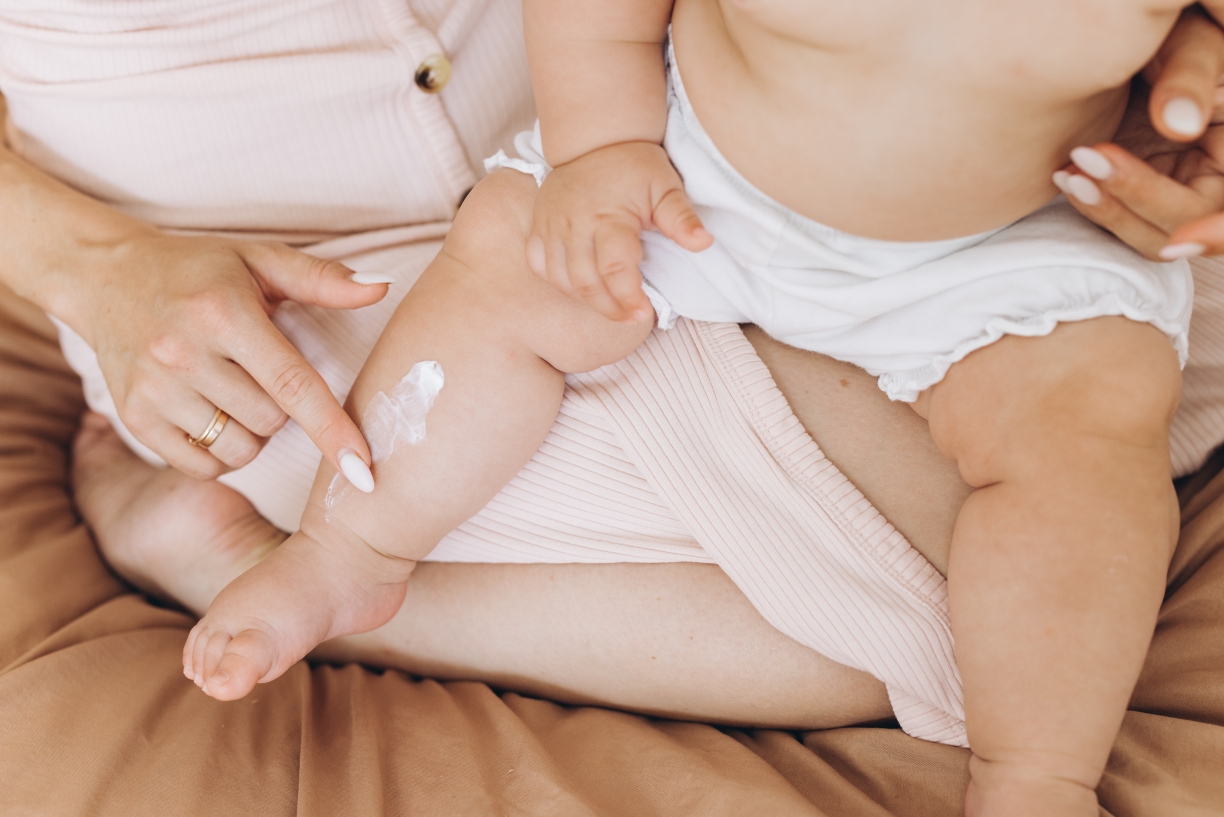When it comes to taking care of your skin, it’s more than just about looking good. It’s quite literally an essential part of maintaining your overall health. After all, your skin is the largest organ in your body and acts as a barrier that protects you from harmful elements like UV rays and allergens. Neglecting your skincare routine can lead to dryness, irritation, and premature aging, which can make you more vulnerable to irritants and pollutants. In worse cases, improper or insufficient skin care can lead to more severe conditions such as infections or skin cancer.
So, to keep your skin looking radiant and ensure its good health, a proper care routine is important. In the Philippines, where the humid climate and exposure to intense sunlight can take a toll on your skin, it’s even more crucial to adopt good habits. This includes choosing products suited to your needs.
In line with this, one common question that often arises is whether baby lotion, known for its gentle formulation, can also be effective for adults. In this article, we’ll explore this question and address other frequently asked skincare concerns to help you build a routine that works for your skin’s unique needs.
- Are Baby Lotions Effective for Adults, Too?
Baby lotions are formulated to cater to a baby’s delicate skin. They are often free from harsh chemicals, fragrances, and additives, making them a safe option for adults with sensitive or allergy-prone skin. However, baby lotions typically focus on lightweight hydration and may not provide the deep moisture or specialized care that adult skin often needs.
Adult skin often requires ingredients like hyaluronic acid, ceramides, or peptides to address concerns like aging, dryness, or environmental damage. While baby lotion can work well as a basic moisturizer, it might fall short for those dealing with advanced skin concerns. If baby lotion works for you, good! However, if your skin feels too dry or lacks elasticity, upgrading to a moisturizer designed for adults will be a better option.
- Is It Good to Exfoliate Your Skin Every Day?
Exfoliating your skin helps remove dead skin cells, improve skin texture, and reveal a fresher, more radiant complexion. While exfoliating can be beneficial, it’s important not to overdo it.
Exfoliating every day can be too harsh for your skin, particularly if you have sensitive or dry skin. Over-exfoliation can strip your skin of its natural oils, which can lead to irritation, redness, and even breakouts. Additionally, in a tropical country like the Philippines, your skin is already exposed to environmental stressors like sun exposure and sweat, so adding daily exfoliation into the mix could disrupt the skin’s natural barrier.
For most skin types, exfoliating two to three times a week is enough to maintain smooth, healthy skin without causing damage. If you have oily or acne-prone skin, you may need to exfoliate a bit more frequently. However, only do so upon the advice of your dermatologist.
- Do You Need to Apply Moisturizer, Even if You Have Oily Skin?
Many people with oily skin tend to skip moisturizing or using lotion, thinking that it will make their skin greasier. However, it’s important for everyone to moisturize, even those who have oily skin.
Keep in mind that there are many factors behind oily skin. It can be caused by your diet, genetics, or even stress. The hot, humid climate of the Philippines can also dehydrate your skin, which can cause it to produce excess oil as a way to compensate for the dryness. Then, when you don’t use a moisturizer, your skin can become more imbalanced, leading to even more oil production and potential breakouts. The key is to use a lightweight, oil-free, non-comedogenic moisturizer that can hydrate your skin without clogging pores or adding extra shine.
Look for products with ingredients like hyaluronic acid, glycerin, or niacinamide, which help retain moisture while controlling excess oil. Gel-based moisturizers are also a great option as they offer hydration without a greasy feel, which is ideal for hot and humid weather conditions.
- Do You Have to Wear Sunscreen Every Day?
The answer to this question is a resounding yes. Sunscreen is a non-negotiable part of any skincare routine, regardless of age or weather. In a tropical country like the Philippines, where the sun’s UV rays are strong year-round, daily sunscreen application is vital to protect your skin from damage. Prolonged sun exposure can lead to premature aging, hyperpigmentation, and even skin cancer.
Even on cloudy days or when you’re indoors, UV rays can penetrate windows and harm your skin. With this in mind, look for a broad-spectrum sunscreen with at least SPF 30 to ensure protection from both UVA and UVB rays.
- How Do You Know Which Products Are Best for You?
Choosing skincare products can feel overwhelming, especially with so many options on the market. The key is to start by identifying your skin’s needs. If you have dry skin, look for products with hydrating ingredients like glycerin, ceramides, or hyaluronic acid. For oily or acne-prone skin, prioritize lightweight, non-comedogenic formulas with salicylic acid or niacinamide.
It’s also a good idea to read the labels and avoid ingredients that might irritate your skin, such as alcohol or synthetic fragrances. Additionally, conduct a patch test when trying a new product by applying a small amount to your wrist or behind your ear. If no irritation occurs within 24 hours, it’s likely safe to use.
Ultimately, the right skincare routine depends on your unique needs and skin type. Consider experimenting with different options to understand what works best for you. Of course, it’s always best to consult a dermatologist to get a more accurate diagnosis. A skincare professional can assess your skin’s specific needs and help you develop a customized routine tailored to your lifestyle and skin concerns.
























